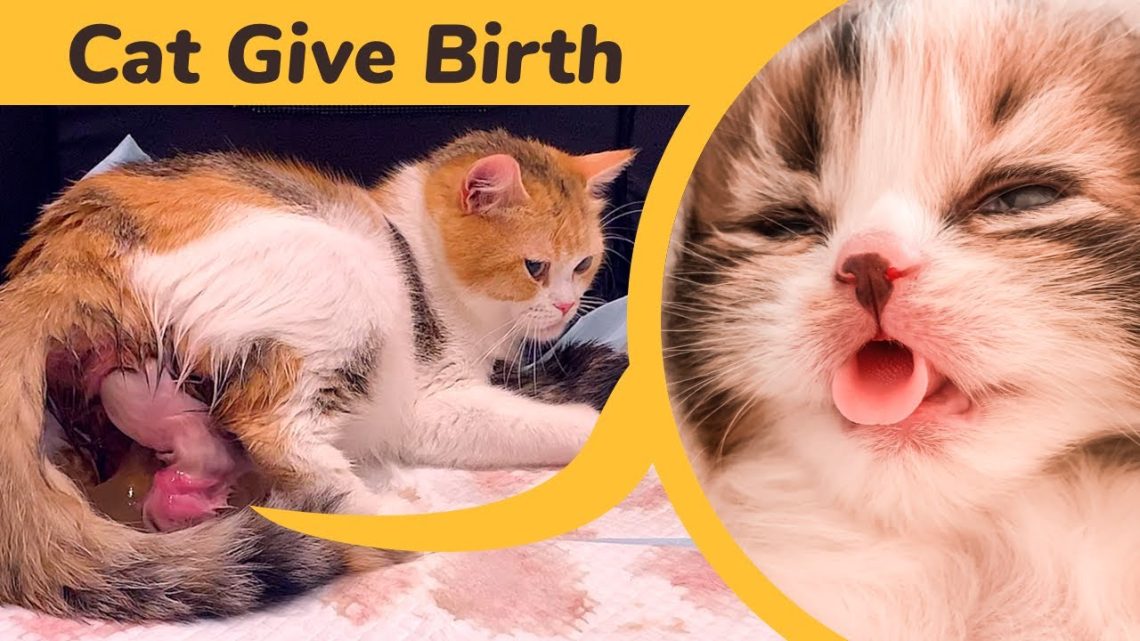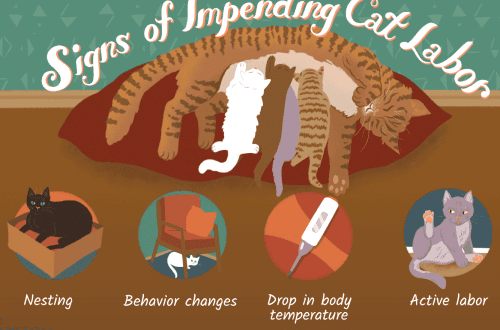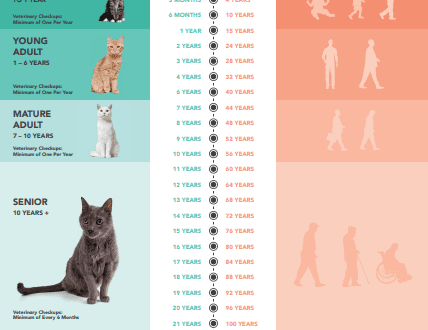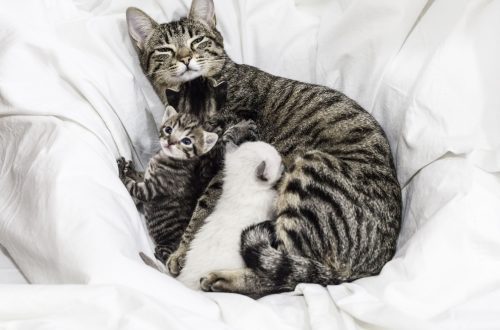
The cat gave birth to kittens. What to do?
Contents
Heat
It is better to place a house for a hatched cat with offspring in a quiet room, where it is desirable to restrict the access of children, guests and animals. The room should be draft-free and warm – it is undesirable for the temperature in it to fall below 26ºС. In the first days after birth, kittens lack the mechanisms to regulate body temperature, and the cold can harm them.
Hygiene
Once again, do not take kittens in your arms. Firstly, the extra psychological stress caused by childbirth can lead to the fact that a cat can abandon offspring. Secondly, the immune system of kittens is not yet formed, and they can easily catch the virus. Therefore, if it becomes necessary to take the babies in your arms, you should first wash your hands thoroughly so that they do not smell of perfume, cream and other fragrances; It would be nice to wear sterile gloves. For the first week, kittens do not see or hear anything, and they know the world by smell.
As a rule, the cat herself does an excellent job with the hygiene of the kittens: for the first month she will follow them herself, lick them, and keep the house clean.
Nutrition and health care
Childbirth is a great stress for the cat’s body. Therefore, after them it must be watered and fed. Do not be surprised that she will eat twice as much – this is normal, because in order to feed the kittens, she needs a lot of strength and energy.
You need to feed your pet with special food containing nutrients, vitamins and minerals. There are special foods for nursing cats and kittens in the line of dry and wet foods Royal Canin, Purina Pro Plan, etc.
Food and water should be placed near the nest of the cat and kittens. During this time, the cat also consumes more fluids than usual, because along with milk it loses a lot of water.
During the first two weeks after giving birth, the cat has dark discharge with clots, which must be monitored. If they do not brighten and do not end, it is necessary to show the animal to the doctor.
Resuscitation of kittens during childbirth
Sometimes kittens are born very weak and need emergency help to survive. To stimulate the lungs, it is necessary to aspirate amniotic fluid from the nasal and oral cavities with a syringe or a special baby suction. If breathing does not appear, then tracheal intubation is needed, but this can only be done by a veterinarian.
To improve blood circulation and revive the kitten, wipe it with a sterile cloth and do an intense massage. Under no circumstances should ammonia be used!
Such a pet must be shown to a veterinarian so that he prescribes the correct treatment and prescribes immunomodulators and vitamins.
Toys and first steps
At 13–15 days, kittens begin to crawl and quite consciously explore the world around them. They already see, hear and pay attention to each other. Their first toy can be, for example, a small ball – from any touch it will roll and become the kittens’ first game.
Restrictions on walking
The first days after giving birth, the cat almost does not leave the nest with offspring, but as the kittens get older, she begins to get out for walks. Since by nature a cat is a nocturnal predator, these instincts periodically wake up in pets, and then you can expect walks in the morning.
If a cat is used to walking outside, such walks should be limited for a while: kittens have very weak immunity, and on their fur a cat can bring not only viral diseases, but also parasites that are deadly for babies.





